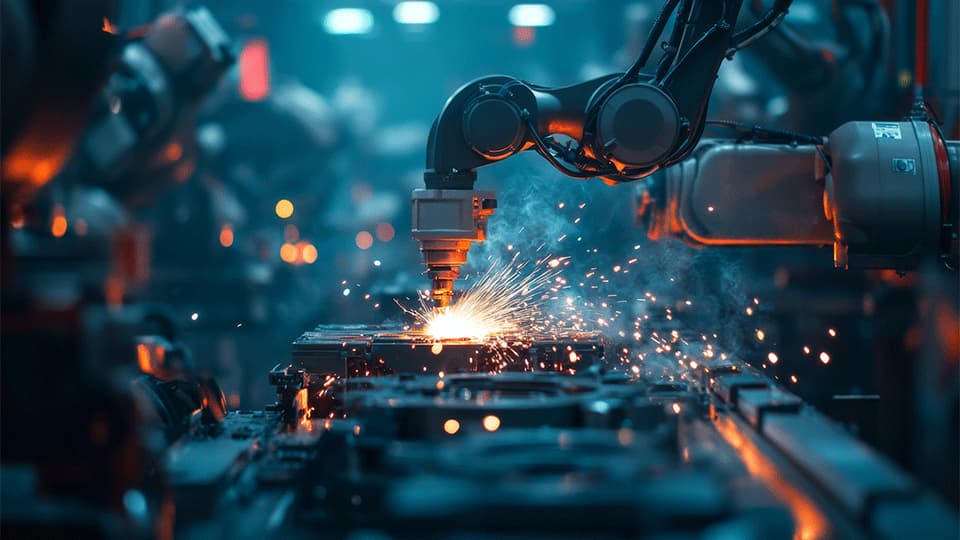InnovateUK “DELTA - Digitally Enhanced Low-cost Technology for Aerostructures”

As global demand for new aircraft is increasing at a significant level this necessitates an increase in the manufacturing production rate.
Aims
Airbus is looking to increase production rates to meet global demand for a large number of Aircraft orders. This is being driven by an increase in aircraft sales in the future to replace existing aircraft and grow the global airline fleet, In parallel, it must drive for lower production costs to remain competitive in the ever increasing global market. This demands production efficiency and flexibility into its own factories and its supply chain.
For Airbus in the UK, the focus is on Wing assembly, which is undertaken in the Airbus Factory in Broughton, Wales. Airbus is looking to benefit from the industrial digital revolution to drive reduced production lead-times and costs, whilst improving quality.
DELTA - Digitally Enhanced Low-cost Technology for Aerostructures, will develop and test a set of innovative digital assembly technologies that will form part of the aircraft industrial system that will reduce manufacturing costs and improve build quality, whilst enabling adaptability. The aim is to apply these technologies to the existing and future aircraft production systems and are applicable to Airbus and its supply chain.
Objectives
The technologies being developed include:
- End to end full product life digital data thread by capturing and using data from fabrication, assembly and inspection for upstream and downstream processes.
- Traceability and control on assembly tools through embedded sensors to achieve automatic generation of build records, part/process traceability, tool life estimation and process certification.
- Cost-effective, large-volume metrology using off-the-shelf sensor networks delivering sub-mm geolocation of components and tools as well as allowing real-time monitoring and product certification.
- Human-centered automation using self-aware robots for large-scale cooperative working environment and automated systems to enable repeatability and productivity.
- Intelligent fixtures with integrated automation allowing quick setup, adjustments and removal of components/product from the fixture.
Technical Approach
The AVRRC are developing:
i) New approaches to data/information architectures for interconnected network enables manufacturing tools
ii) Advanced assistive visualization solutions using augmented reality to support speeding up complex operator tasks during manufacturing.
Anticipated Impact
The research is expected to radically change the way aircraft will be manufactured in the future through greater data connectivity between digitally enabled tools at their point of use by the operator.
Project sponsors
This £20m project is funded by UK Research and Innovation via the Aerospace Technology Institute (ATI) and Airbus
Project Collaborators
The partners collaborating in the delivery of this ambitious project are: Airbus Operations Ltd, Atlas Copco Ltd, Loughborough University, University, College London, InnovateUK, University of Sheffield, STFC - Laboratories